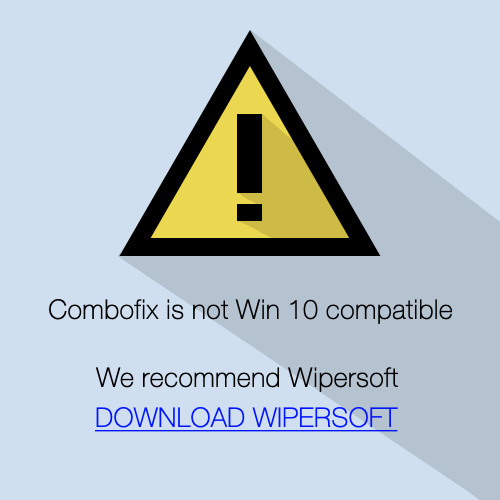With great power comes great danger, and your Windows 7 installation is constantly under threat from the Internet. All it takes is one wrong click, one mistake, and your system’s got a virus that it can’t quit. That’s the only real drawback of going with the biggest operating system of this generation. Since most of the users are here, all the hackers and spam are here as well.
Windows 7 is far more secure than its predecessors, but no system is impenetrable. However, there are a few things it can do right out of the box that can increase your Internet security levels. Every little bit helps.
Securing Windows 7’s Internet Security Out of the Box
Windows 7 comes with its own brand of anti-spyware protection in the form of “Windows Defender.” This is backed up with Internet Explorer’s new defense mechanisms, as well as Windows Update, which makes sure that you’re never behind on the latest protection. The problem is that novice users won’t know about most of these features. In an effort to make it more accessible and customizable, Microsoft has made it undeniably easy to accidentally opt out of these security features. There are two things you can do to make sure that your security is as tight as possible.
The first you should do is to activate automatic updating. Windows Update makes sure that every facet of your system that has the word “Microsoft” preceding it is entirely safe. It regularly fixes common exploits that hackers use to gain access to your system. Windows Update doesn’t just make sure that Windows Defender is as strong as possible, it makes sure that everything from Word to Excel is also protected. Enabling it is as simple opening up your start menu and typing “windows update” in the search bar. Make sure that “Install updates automatically” is tagged appropriately.
While Windows 7 has improved built-in security, you can never be too careful. That’s why you should take the time and splurge on a standalone anti-virus program to protect your system from malicious programs. Plenty of efficient anti-virus programs are available, even for slower systems. If you don’t have room in the budget, fear not. Plenty of free anti-virus solutions exist, available online. One of the best options is AVG Anti-Virus Free Edition. It’s a little heavy, but still a lot easier on your system than other bloated anti-virus solutions.
At the end of the day, it boils down to making sure that the necessary options are activated, that you have a dedicated anti-virus program protecting your system, and that you practice intelligent and responsible Internet surfing practices. Don’t click on anything questionable. If it looks like spam, is spelled like spam, and is in your spam folder, it’s probably spam. Keep it up and you’ll keep your system safe while you explore the Internet.
